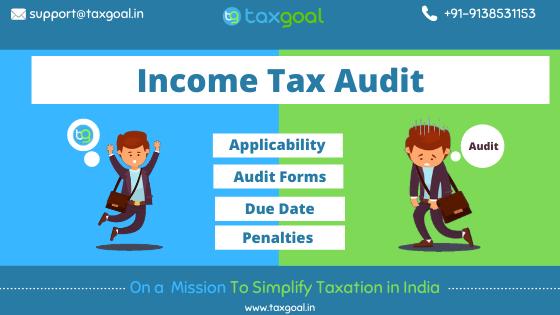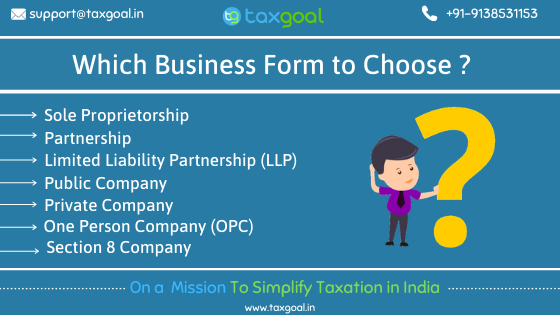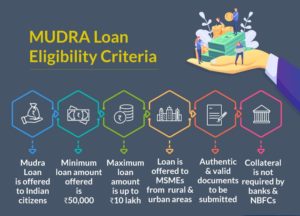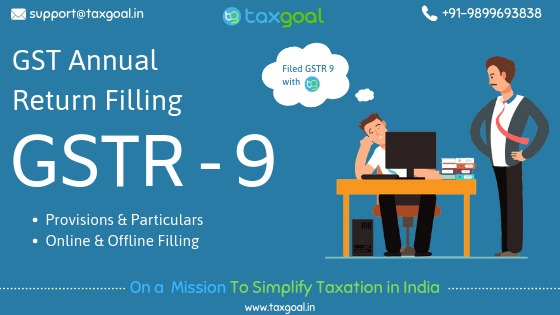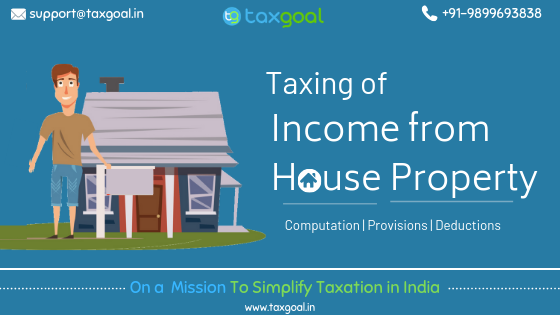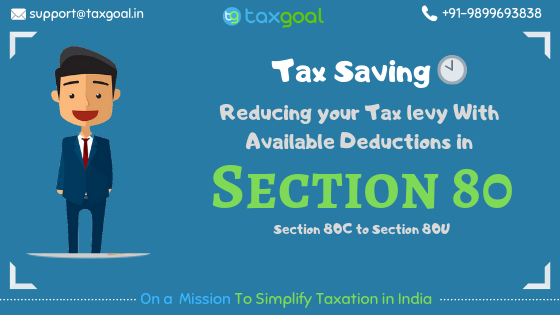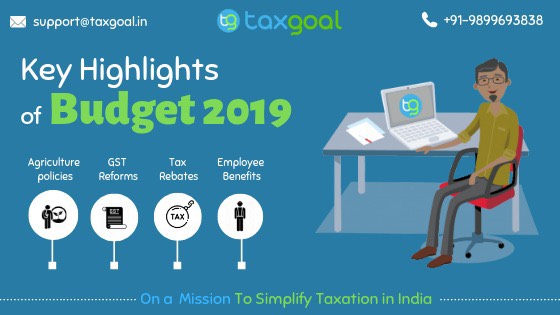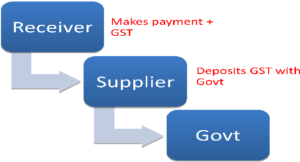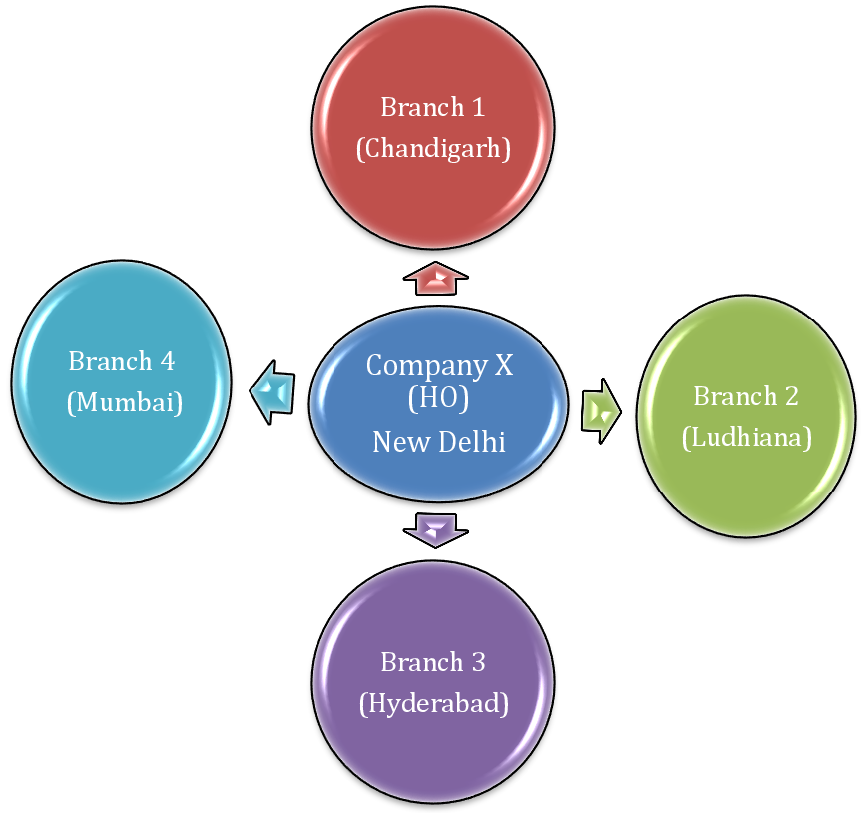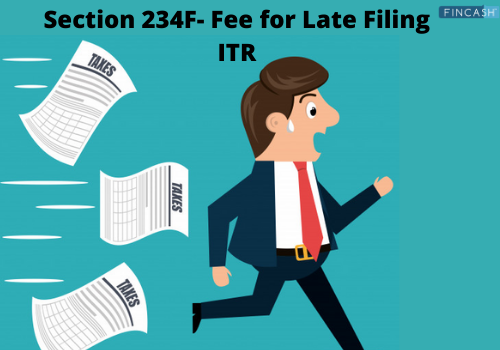Income tax Audit is a standard practice of ensuring complied due diligence from taxpayers and bring fairness in the tax system through the involvement of tax professionals. In general terms, audit means to check, inspect, and conclude. Income tax audit has been prescribed under the Income-tax law for entities and taxpayers, to ensure that the department receives accurate and authentic information about income and related disclosures from them and that too with certified remarks of tax professionals for Income Tax Audit Under Section 44AB.
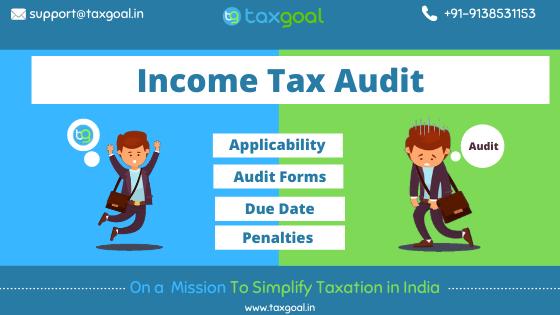
| Due Dates for Audit Filling AY 2020-21 | |
| Due Dates | Forms / Reports to File |
| 30th September | Taxpayer to receive and accept the Audit report by 30th September. For FY 2019-2020 due date for obtaining the Audit Report is 30 September 2020. |
| 30th November | Entities required to file form 3CE to obtain and file audit reports by 30th November. For FY 2019-2020, the due date for Form 3CE is 30th November. |
The agenda of the Income tax audit is to ensure that proper books of accounts and other related records have been maintained by the taxpayer and are also decipherable to the department. The post below gives you a detailed view of the provisions which have been scribed in the Income-tax Law for the conduct of practical aspect of an audit of taxpayers and entities.
Taxgoal.in is an online tax consultation provider agency steered by competent tax professionals, chartered accountants, cost accountants, legal practitioners, and business managers. The agency assures cloud delivery of all types of financial and licensing services. In the domain of Tax Audit, professionals there at taxgoal are there provide you assistance in regard of services related to:
- Audit Consultation
- Audit Report Preparation
- Tax planning
- Book Keeping
- Investments
- Tax Saving and much more.
What is Income Tax Audit (Section 44AB)?
The Income Tax Act, 1961 under its Section 44AB, prescribes for a tax audit of records of every person (recognized as a taxpayer as per definition of IT Act ), including individual taxpayer or any entity :
- if a business is being carried out and the total sales turnover or gross receipts from such business or as the case may exceed Rs 1 crore in the previous year ;
(Note: The threshold limit for Income Tax Audit Under Section 44AB has been prescribed for Rs 5 crore from FY 2019-2020 (AY 2020-21) if the taxpayer titles cash receipts or payments are up to only 5% or lower of the gross receipts in a year )
- if working as professional or is carrying a profession and his gross receipts in the previous year exceeds Rs 50lakh;
- if carrying business and reaping profits or gains from such business which are deemed to be profits of the person under Section 44AE or Section 44BB or Section 44BBB as the case may be and he has claimed his profits to be lower than the profits or gains so deemed to be profits and gains of his business in the previous year ;
- if carrying business under provisions of Section 44AD or if the provisions of Section 44AD (4) are applicable and his income exceeds the maximum amount exempted from Income tax.
Income tax audit in general terms means inspection of records of taxpayers to ascertain his actual income as compared to what information has been sufficed by the taxpayer through his books. A tax audit is conducted just to conclude and present a statement of observation of genuineness of income figures and records of the taxpayer to the tax department and to further get the assessment work done through professionals.
Under the Income Tax Return Filing and Audit, a statement in the specified format is prepared by the appointed tax professional after the conduct of the tax audit, which is filed by him to the department before a specified due date to the Income-tax department duly signed and verified.
Am I liable to get my accounts audited?
The Income Tax Section 44AB prescribes for the eligibility of a taxpayer to get a tax audit conducted from a tax professional i.e from a Practicing Chartered Accountant.
Section 44AB also prescribes for the following exceptional situations for applicability of Section 44AB that:
If the taxpayer is in receipt of income as per Section 44B or Section 44BBA, the tax audit Section 44AB shall not be entirely applicable.
If otherwise, under special rules provided by the department the taxpayer is made liable to get a tax audit conducted under any law, he shall have to follow norms of Section 44AB and get his accounts audited.
Who can conduct Income Tax Audit under Section 44AB?
As per the Income Tax Act, Section 288 (2), a Chartered Accountant in the practice of his services under ICAI is a competent person to hire as a tax auditor. While a joint firm of practicing chartered accountants, working as an auditor agency can conduct an audit of a taxpayer.
While the following shall not be accepted as tax auditor of a taxpayer :
- Any ICAI member in part-time practice or not approved to be a certified CA by the agency.
- If the CA hired is indebted for more than Rs 10,000 to the taxpayer.
- If the CA has been previously doing or is in the contract of managing books for the taxpayer.
- An internal auditor of the firm cannot be appointed as a tax auditor.
- No employee or partner of the firm being a CA can conduct audit of the firm under which he is in employment.
What compliance is to be followed for tax audit under Section 44AB?
Compliance norms for the conduct of Income-tax audit of taxpayers have been simplified by the Income-tax department overtime. Now, an audit report prepared with the proper forms can be filed online by the Chartered Accountant in his capacity on behalf of the taxpayer and the taxpayer can access details of his audit reports online on the Income-tax portal of the department .
Tax Audit of the taxpayer by a CA required furnish of details of observation of the professional from the records of the taxpayer using the following forms :
- Form 3CA
- Form 3CB
- Form 3CD
| Tax Audit Forms | Particulars to File |
| Form 3CA – Audit Report of the person carrying Business or Profession ( Applicable on all entities mandated to get accounts audited ) | – KYC details of the taxpayer
– Name of Auditor – Period of Audit, – Date of the Balance Sheet – Declaration – Observations (Profit & loss, tax assessed, tax payable, etc ) – Certification from Auditor ( Stamp / Seal of auditor, Membership number of Auditor, etc )
|
| Form 3CB – Audit Report of the person carrying Business or Profession ( Applicable on all entities not mandated to get accounts audited ) | – KYC Particulars of taxpayer
– Date and Period of Balance Sheet, Profit and loss assessment – Registered Address of Taxpayer – Audit Observation, declaration, conclusion, remarks, etc – Declaration of Attaching form 3CD. – Certification from Auditor |
| Form 3CD – Annexures and Enclosures to Audit Reports for all Assesses (44 Clause form ) | – KYC Particulars of Taxpayer
– Other tax registrations and liabilities of taxpayers – Taxpayer Income details – Tax Assessment details and observations |
| Form 3CE- Audit Report format for Foreign companies or non-resident taxpayers | – KYC Particulars of taxpayer
– Declaration and observations of Audit – Certification from Auditor |
Filling of the Audit report to the tax department before the specified due date is the duty of both the taxpayer and the auditor appointed. Once the audit report is prepared and certified by the tax professional, it filling process goes in the following way :
Filling by Audit Professional :
- Export Audit Report from the offline utility.
- Login to Income Tax Portal as Auditor
- 3. File Tax Audit Report in XML format.
Filling by Taxpayer:
- Login to the Income-tax portal as Taxpayer
- Add the Audit Professional on the tax portal.
- Approve / Accept reports uploaded by the Audit Professional
What shall happen if I miss Tax Audit due date or the department finds flaws in my Audit filing?
Once filed, if there is some grievance or if the taxpayer or the audit professional is of the view that the tax audit report filed need revision, it can be revised. While for non-filling, delayed filling or misreporting of facts or figures in the statement the following penal consequences shall have to be faced by the taxpayer :
- Impose a penalty on the taxpayer as per Section 271B which can either be an amount equal to 0.5% of the gross receipts /total sales/turnover up to a maximum of Rs 1.5 lakh.
Note: Before the application of a penalty, an opportunity to the taxpayer shall be provided to present his case. For consultation on income tax filing or tax audit, email us at support@taxgoal.in
